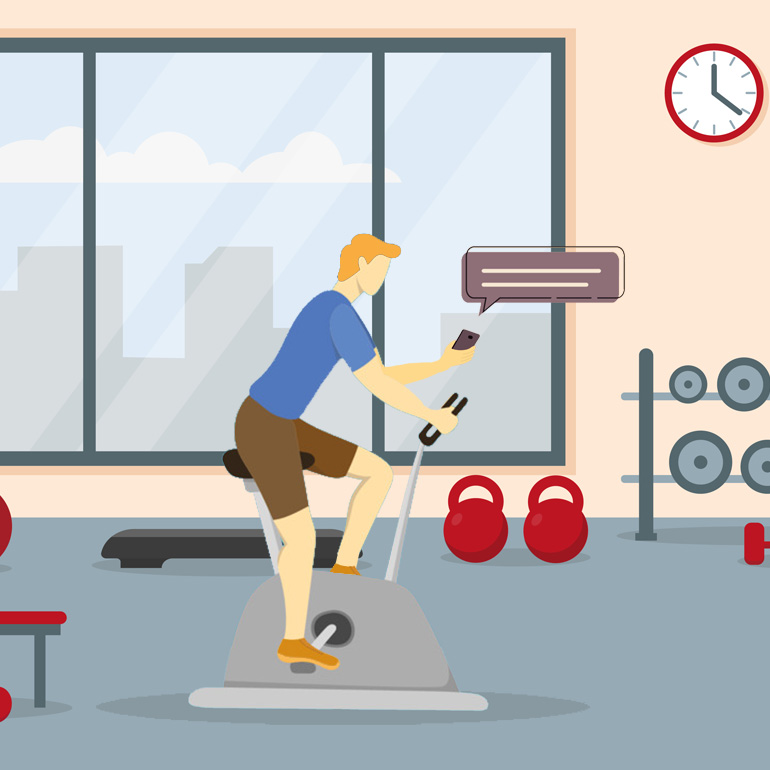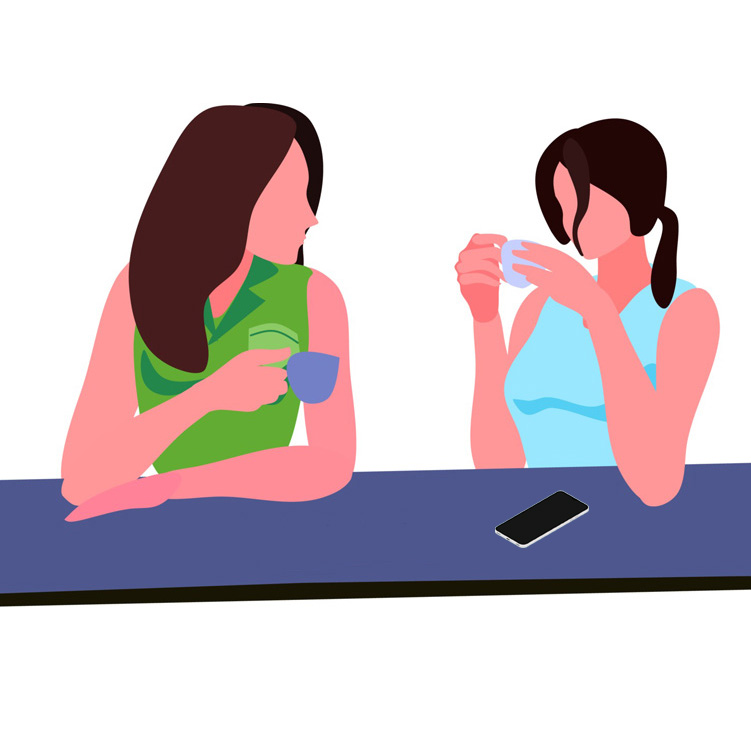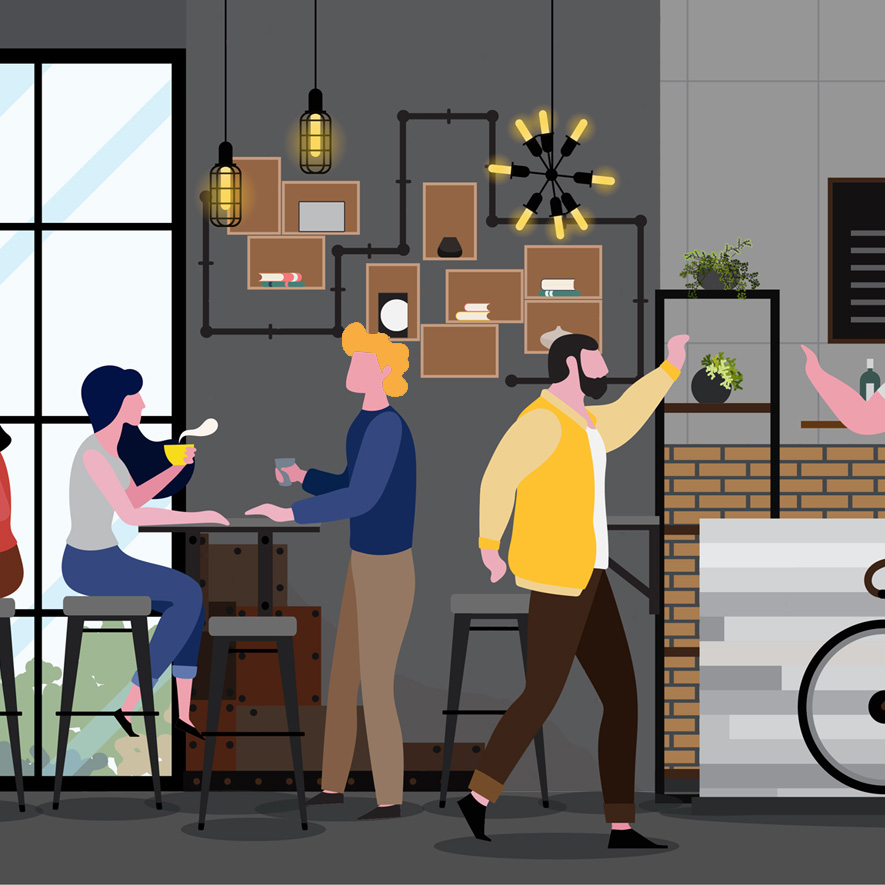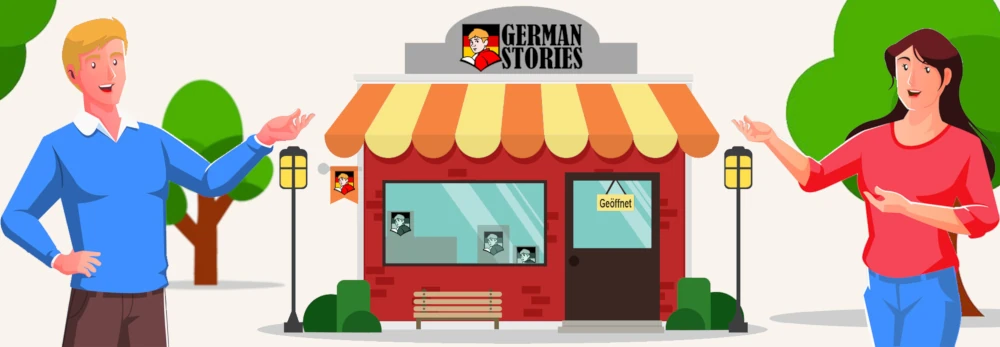Exercise 4 for Lesson 14

Exercise 3 for Lesson 14

Exercise 2 for Lesson 14

Exercise 4 for Lesson 13

Exercise 3 for Lesson 13

Exercise 2 for Lesson 13

Exercise 4 for Lesson 12

Exercise 3 for Lesson 12

Exercise 2 for Lesson 12

Exercise 4 for Lesson 11

Exercise 3 for Lesson 11

Exercise 2 for Lesson 11

Exercise 3 for Lesson 10

Listen and repeat In lesson 9, we already touched on the topic of diphthongs. They are sounds that are made from two different sounds. These are the most common ones: au, ai, ei, äu, and eu. au: aus, Paul, Frau, auch ai: Michail ei: nein, bei, Polizei, leider Ai and ei sound the same. […]
Exercise 2 for Lesson 10

Grammar Like in English, the words for countries, languages, and nationalities are different: country FinnlandMexiko language FinnischSpanisch nationality der Finne der Mexikaner And also, some country nouns have an article (der, die, das), while others don’t: die USA, die Türkei ⇔ Mexiko, Finnland, Deutschland, Russland, China Last episode, we learned that German job titles are […]
Quick quiz for Lesson 10

Remember: no more training wheels! Writing exercises are case-sensitive and punctuation-sensitive. If your device automatically capitalizes, then simply press the shift ⇧ key. Quick QuizEvery now and then we throw you in a little test situation so you can see how your skills have improved. Are you ready? 📝 Homework Your homework is: Describe your (former) classmates […]
Exercise 4 for Lesson 9

More grammar The articles der, die, and das can also be used as demonstrative pronouns. In that case, they are almost always at the beginning of the sentence, and cannot be translated with „the“. See how they’re used to avoid repeating the noun by replacing it: Wo ist das Geld? Das haben die Großkauf-Diebe!Where is […]
Exercise 3 for Lesson 9

Grammar When you ask something in a way that one can only answer with yes or no, your sentence has this basic structure: 1) the verb(what are they doing?) Hast 2) the subject(who/what is doing something?) du 3) the rest of the sentence(when, where, what, etc.) das Geld? Hast du das Geld? Like in English, […]
Exercise 2 for Lesson 9

Hint The letters ß and ss sound the same, but are not used in the same way: ss comes after a short vowel (a, e, i, o, u) or umlaut (ä, ö, ü): Russland, muss, wissen, Stress, tschüss ß comes after a diphthong (au, äu, eu, ai, ei) or long vowel: heiße, weiß, dreißig, Adamstraße, Großkauf 2 Listen to […]
Exercise 3 for Lesson 8

Talk about family, alphabet part 2
The w-question sentence & verb conjugations plural: (wir, ihr, sie, Sie) kommen / kommt, wohnen / wohnt, arbeiten / arbeitet
Exercise 2 for Lesson 8

Talk about family, alphabet part 2
The w-question sentence & verb conjugations plural: (wir, ihr, sie, Sie) kommen / kommt, wohnen / wohnt, arbeiten / arbeitet

